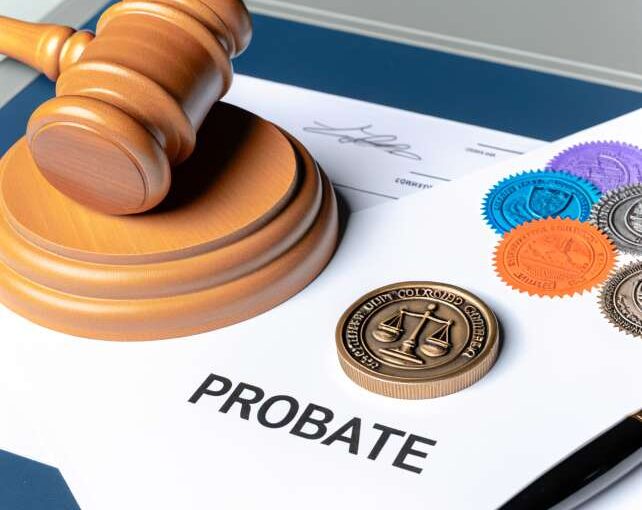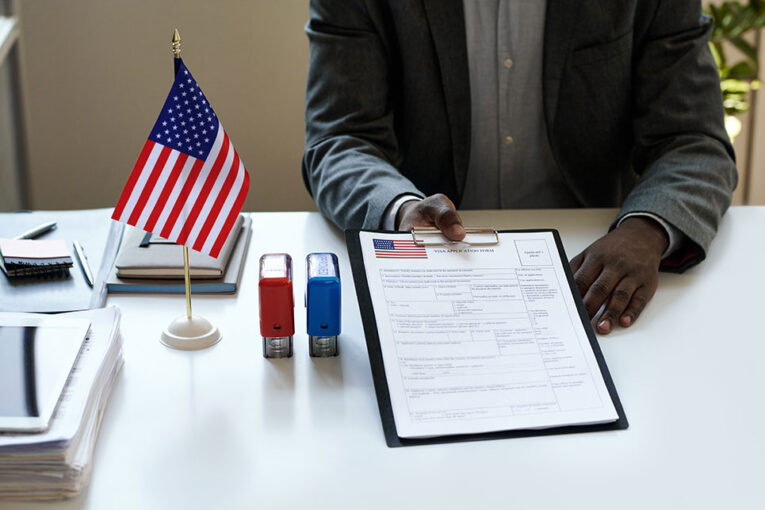When a person passes away, their estate often goes through a legal process called probate. This process can become more complex when the deceased person (decedent) lived out of state but owned property in Colorado. This article will explore the intricacies of probate for out-of-state decedents with property in Colorado, providing valuable insights for personal representatives, heirs, and beneficiaries.
Understanding Probate in Colorado
Probate is a legal process that involves managing and distributing a deceased person’s assets. In Colorado, the probate process aims to:
- Create a comprehensive accounting of all assets
- Settle any outstanding debts and taxes
- Distribute remaining assets to rightful heirs and beneficiaries
The Colorado probate process can be informal or formal, depending on the complexity of the estate and whether there are any disputes among interested parties.
Types of Probate Actions in Colorado
There are three main types of probate actions in Colorado:
- Informal probate: A streamlined process with limited court involvement
- Formal probate: Requires more court supervision and is often used for complex estates or when disputes arise
- Small estate proceedings: A simplified process for estates valued under $70,000 with no real property
Learn more about the different types of wills and estate plans
The Role of the Personal Representative
The personal representative, also known as the executor, plays a crucial role in the probate process. Their responsibilities include:
- Opening the estate
- Collecting and protecting assets
- Preparing an inventory of property
- Paying estate expenses and valid claims
- Representing the estate in legal matters
- Distributing estate property to beneficiaries
For out-of-state personal representatives, these duties can be particularly challenging. It’s often advisable to work with a local Colorado probate attorney to ensure compliance with state laws and efficient management of the estate.
Discover the executor’s checklist for managing an estate
Challenges for Out-of-State Decedents’ Estates
When dealing with the estate of an out-of-state decedent who owned property in Colorado, several unique challenges may arise:
- Identifying and securing assets: The personal representative must promptly locate and secure all assets, including those in Colorado.
- Interstate legal complexities: Navigating the laws of multiple states can be complicated, requiring careful attention to detail.
- Court appearances: Out-of-state personal representatives may need to travel to Colorado for certain probate actions and hearings.
- Tax considerations: Nonresident estates with Colorado-source income may need to file a Colorado Fiduciary Income Tax Return.
- Property management: Overseeing property maintenance and potentialsalese from a distance can be logistically challenging.
The Probate Process for Out-of-State Decedents
The probate process for out-of-state decedents with property in Colorado generally follows these steps:
- File the court documents from the other state: Submit the appropriate court documents from the Decedent’s home state. These could be an order appointing the Personal Representative or Executor, Letters of Administration, Letters Testamentary, etc.
- File a Sworn Statement of Ancillary Probate: The Personal Representative will also need a statement showing they are authorized to deal with the Decedent’s Colorado assets. This statement is approved by a clerk or judge.
Understand what happens if you die without an estate plan
Legal Representation and Assistance
For out-of-state personal representatives managing a decedent’s estate in Colorado, securing local legal representation is highly recommended. A knowledgeable Colorado probate attorney can:
- Navigate state-specific regulations
- Ensure compliance with Colorado probate laws
- Manage creditor claims and estate tax matters
- Represent the estate in court proceedings
- Coordinate with out-of-state attorneys if necessary
By working with a local attorney, personal representatives can more effectively manage the estate and minimize potential complications.
Case Studies and Examples
To illustrate the complexities of probate for out-of-state decedents, consider the following scenarios:
- Informal probate of a vacation home: An Arizona resident passes away, leaving a vacation home in Colorado to their children. With no disputes among heirs, the estate goes through informal probate, requiring minimal court involvement.
- Formal probate with contested will: A California resident dies owning a commercial property in Denver. Multiple parties contest the will, necessitating formal probate proceedings with extensive court supervision.
- Small estate proceedings for personal property: A Texas resident leaves behind a valuable art collection stored in a Colorado facility. The collection, valued at under $70,000, qualifies for small estate proceedings, simplifying the probate process.
Summary
Probate for out-of-state decedents with property in Colorado involves unique challenges and considerations. Personal representatives must navigate interstate legal complexities, manage assets from a distance, and ensure compliance with Colorado probate laws. By understanding the probate process, seeking local legal representation, and promptly initiating proceedings, personal representatives can effectively manage the estate and fulfill their fiduciary duties.
Explore the importance of estate planning
Whether you’re a personal representative, heir, or beneficiary involved in an out-of-state probate case in Colorado, it’s crucial to approach the process with diligence and seek professional guidance when needed. By doing so, you can navigate the complexities of probate and ensure the proper administration and distribution of the decedent’s estate.





